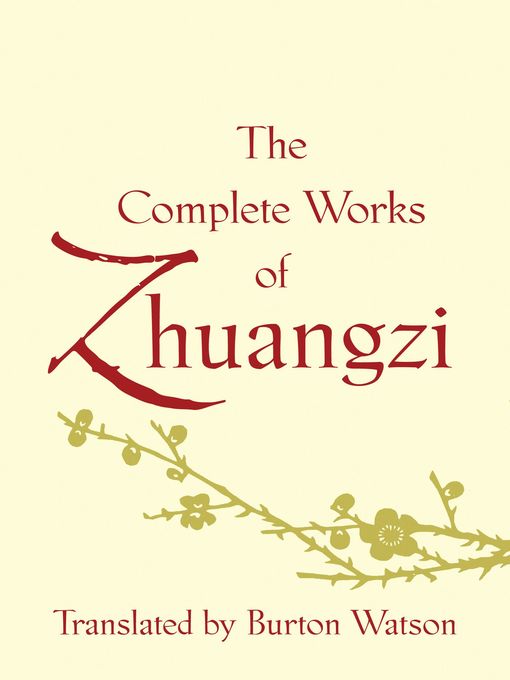Only by inhabiting Dao (the Way of Nature) and dwelling in its unity can humankind achieve true happiness and freedom, in both life and death. This is Daoist philosophy's central tenet, espoused by the person—or group of people—known as Zhuangzi (369?-286? B.C.E.) in a text by the same name. To be free, individuals must discard rigid distinctions between good and bad, right and wrong, and follow a course of action not motivated by gain or striving. When one ceases to judge events as good or bad, man-made suffering disappears and natural suffering is embraced as part of life.
Zhuangzi elucidates this mystical philosophy through humor, parable, and anecdote, deploying non sequitur and even nonsense to illuminate a truth beyond the boundaries of ordinary logic. Boldly imaginative and inventively worded, the Zhuangzi floats free of its historical period and society, addressing the spiritual nourishment of all people across time. One of the most justly celebrated texts of the Chinese tradition, the Zhuangzi is read by thousands of English-language scholars each year, yet only in the Wade-Giles romanization. Burton Watson's pinyin romanization brings the text in line with how Chinese scholars, and an increasing number of other scholars, read it.
- Audiobooks: New Horror
- Audiobooks: Recent Biographies
- Audiobooks: Contemporary Romance
- Audiobooks: Listen to an Adventure
- Audiobooks: Celebrity Book Club Picks
- Audiobooks: Thrillers
- Audiobooks: Make Them Laugh
- Audiobooks: Listen and Learn
- Audiobooks: New Year New You
- Audiobooks: Holiday Romance
- Audiobooks: Cozy Female Sleuths
- New audiobook additions
- New kids and teen additions
- See all audiobooks collections
- Just added
- Kids' Magazines
- Teen Magazines
- Florida Magazines
- Magazines from India
- Learn, Make and Create - Magazines
- Travel Magazines
- Sports
- Health & Fitness
- Most popular
- Cooking & Food
- Celebrity Gossip
- News & Politics
- See all magazines collections
